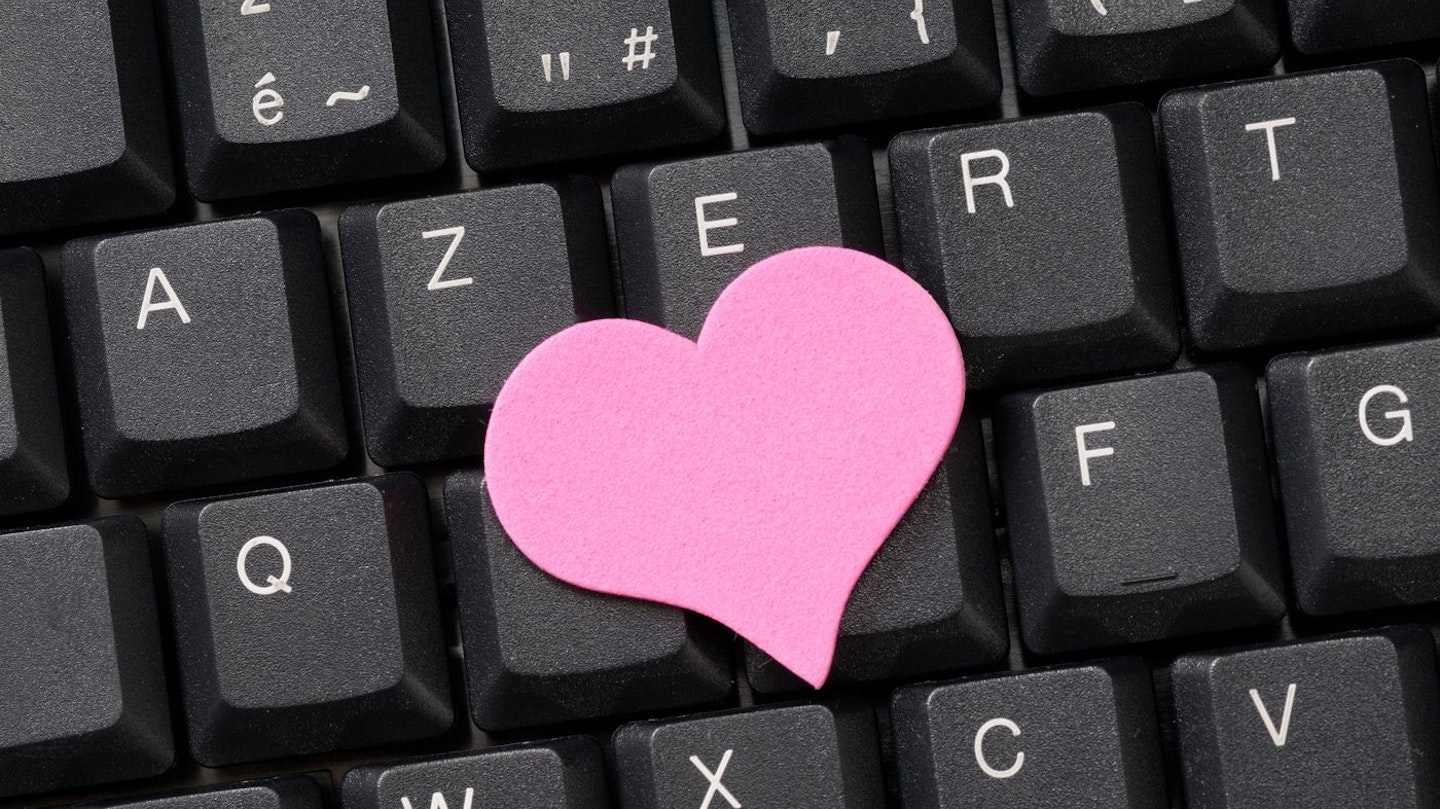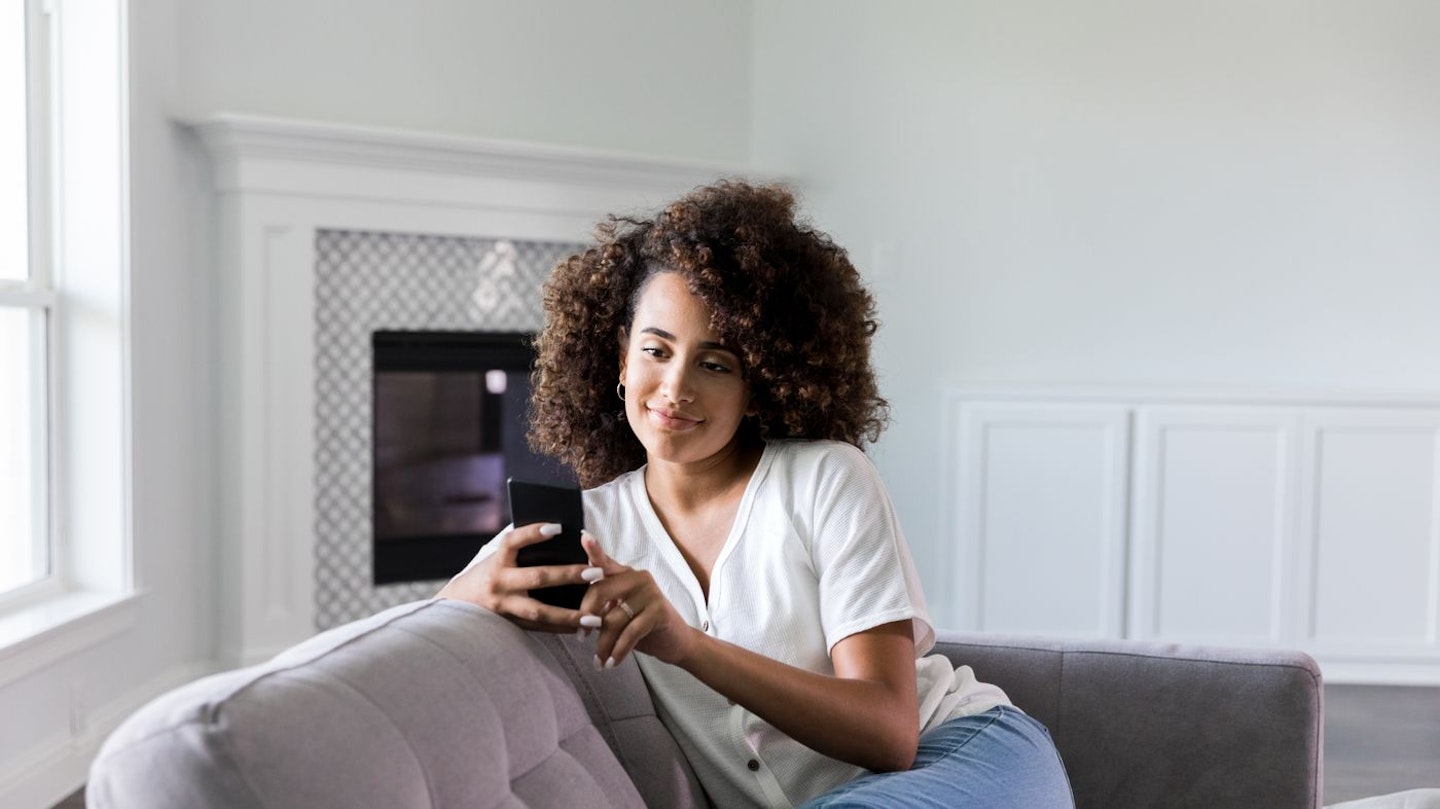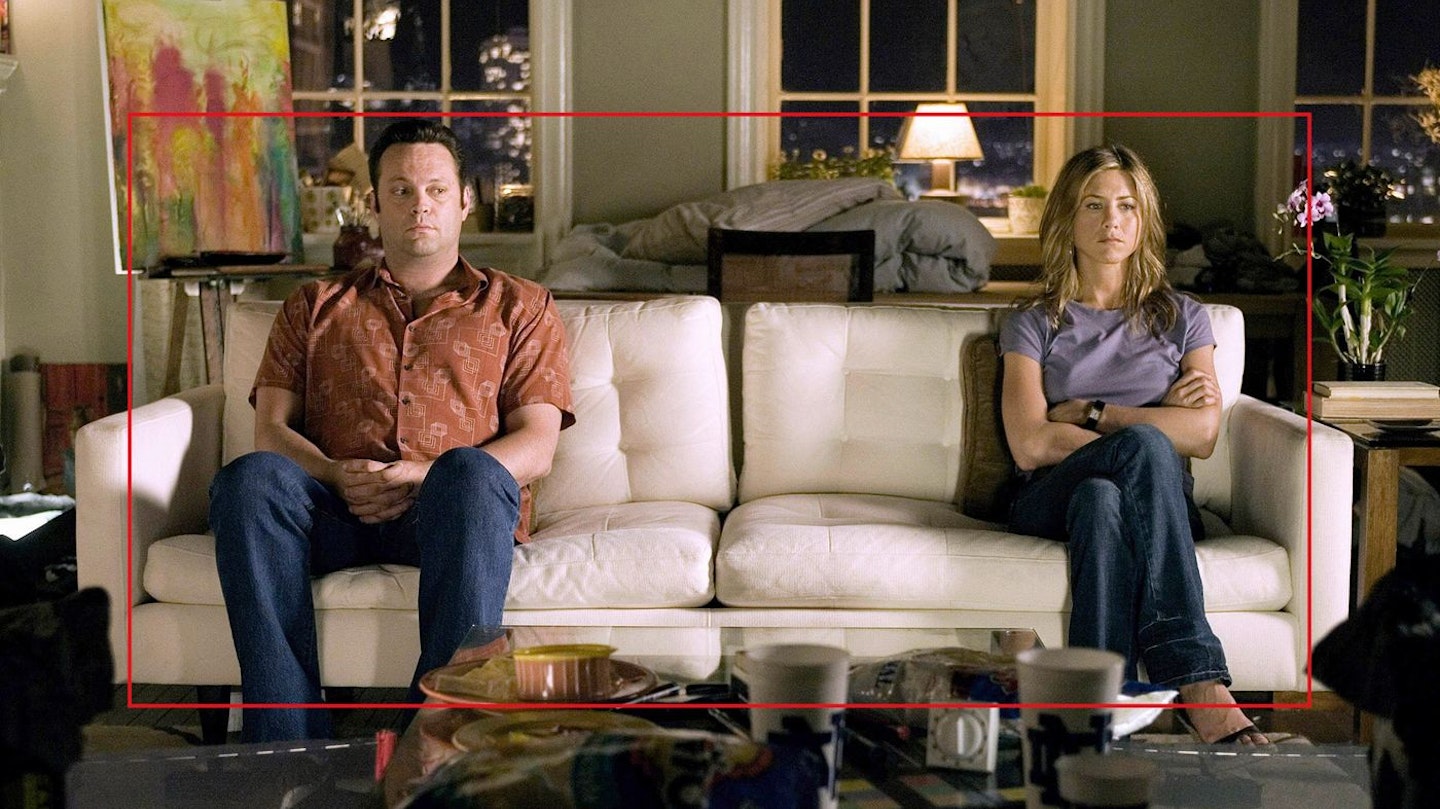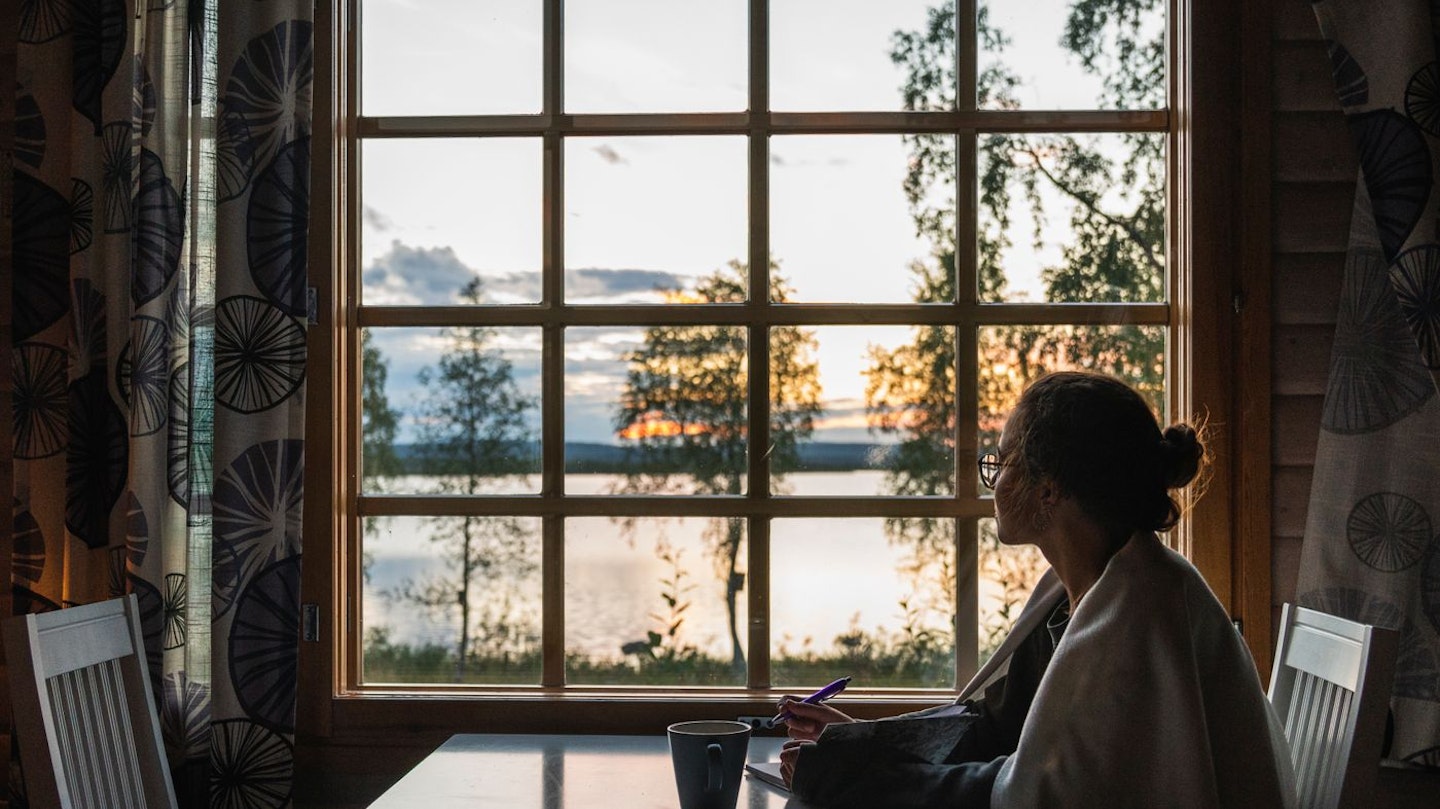I have been told many times that I’m a terrible virtual friend. I’m hopeless at punctuation (I use full stops plentifully – and correctly – which allegedly denotes aggression or impatience in the virtual universe); I don’t use enough emojis; and I loathe WhatsApp groups (gasp!). Once you’re in, you’re in. It’s like being trapped at a virtual party that you can’t leave – well, actually, one where you can’t do a French exit. And I love a French exit.
Needless to say, the rules of WhatsApp groups confuse me, and now we’re in lockdown I feel even more so. Do you reply to that dog meme you didn’t find funny? How often should you be checking in? Should we be available 24 hours a day? Now that the Covid-19 pandemic has forced us all to be virtual beings, how do you navigate being a good friend online?
Set aside time
‘I find it difficult to keep up with friends during the lockdown because it is hard to compartmentalise life. Work time, me time and social time seemed to all now be confined to a screen,’ says Sarah. ‘I work on my laptop in my room, and I’m sick of the sight of it come 6pm when pals want me to pop onto house party or zoom. I’d rather just watch a film. However, of course when I do finally connect with someone my mood improves.’
The key to digital socialising, Sarah, 26, believes, is to ‘set aside solid time for friends like we would in real life’. ‘Instead of just drip feeding memes all day to people that have no doubt already seen them, book in a drink or coffee with someone for a solid hour. Harnessing as much normality as you can in these uncertain times is the best coping strategy.’
Helen, 24, is also experiencing the pressure of juggling work time and friends. ‘I can’t sit on my phone all day chatting to friends, so I made time for them while I’m on my daily walk of the park. This also gives me a sense of a much-needed routine.’
Nurture fewer, closer friendships
Fran believes it’s more ‘rewarding’ to focus on fewer, closer friendships ‘I am calling a few very close friends weekly which I find much more enjoyable than an unrelaxing Zoom call with 20 friends, where we are all talking over each other.’ But while it’s important to check in with friends, it’s integral that you take time for yourself, Fran, 27, says. ‘It’s important to have time to decompress, especially after a busy day at work. It’s OK to say no to a Zoom call when you’re feeling overwhelmed.’
Check in on friends who are isolating alone
It’s important, says Joely, to check in with ‘friends living alone every day.’ ‘It doesn’t have to be a lengthy chat, just a "how are you doing today?" is fine or a meme or recipe to try.’ Joely also thinks that you should notice whether ‘people in big group chats are quieter than usual.’ They may feel anxious at this time, so ‘message them directly away from the group.’ Tom agrees: ‘Reply to the meme that you usually wouldn’t acknowledge – it’s important that they know that there’s someone else on the end of the phone.’
I’m sending lots of throwback photos, pictures of us together on holiday or at fun parties.
Think creatively
‘Write to your friends,’ says Lilian. ‘A hand-written card won’t cost the earth and in some ways is more meaningful than a gift. Words that aren’t read off a screen are special at this time.’
Reminisce
‘I’m sending lots of throwback photos, pictures of us together on holiday or at fun parties,’ says Guy. ‘Some may see that as counterproductive – it is a reminder that we are not on holiday, or at fun parties – but I find it lifting to be reminded of fun times, and I bill it as a reminder that we’ll have plenty of opportunities to have fun again soon.’
Communicate openly
Good friends, according to relationship psychologist Ari Tuckman, are able to ‘communicate honestly and directly.’ ‘If you feel like your friend is missing in action and you would like more contact, then ask for it. If you don't have the time to give, then be clear about your limits. We want to avoid resentment where either person feels like they are getting too little or giving too much.’
‘Good friendships,’ Ari continues, ‘require an investment of energy and a feeling that one is being prioritized, but also a respect for the other person's needs and limits. If you invest too little, the friendship starves, but if you demand too much, the friendship gets smothered. Find that happy middle ground by being clear about what you each need, especially now that so much of life has suddenly changed.’
READ MORE: How Your Friendships Change When You Hit 30
READ MORE: Love in Coronavirus Times
Coronavirus: Relationships
 1 of 9
1 of 9How To Maintain Your Dating Life In A Lockdown If You're Single
 2 of 9
2 of 9The Six Best Ways To Overcome Your Fear Of Video Dating
 3 of 9
3 of 9Love Lockdown? Not According To Tinder
 4 of 9
4 of 9What It’s Like To Break Up With Someone Over Zoom?
 5 of 9
5 of 9‘I Didn’t Think I Could Actually Feel Happy In This Shit Show Of A Year...’ How It Feels To Get Engaged In Lockdown
 6 of 9
6 of 9Emily Atack: Isolating When You're Single
 7 of 9
7 of 9The Real Reason Your Ex Is Back In Touch
 8 of 9
8 of 9Are People Really Having So Much More Sex There'll Be A Lockdown Baby Boom?
 9 of 9
9 of 9